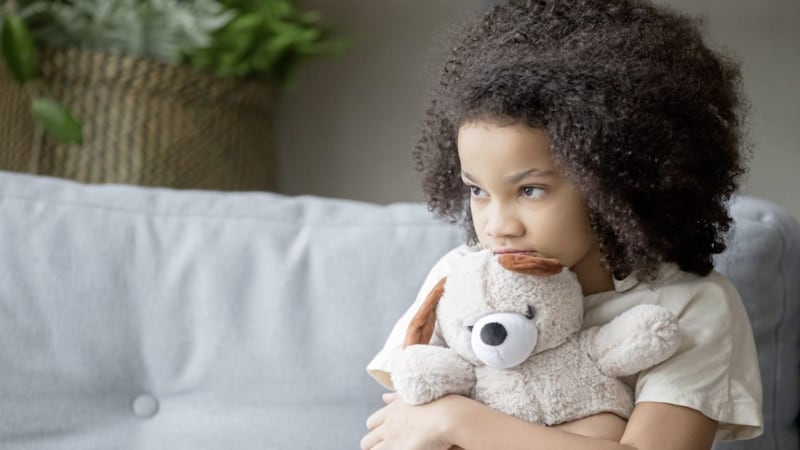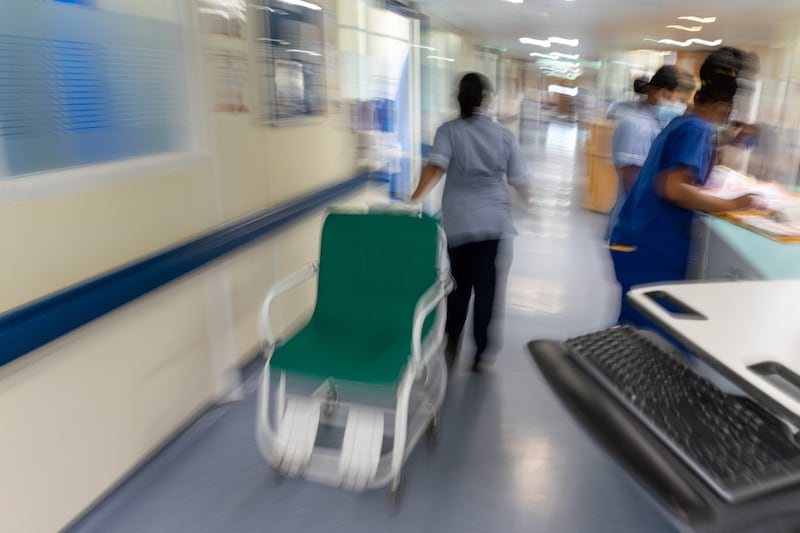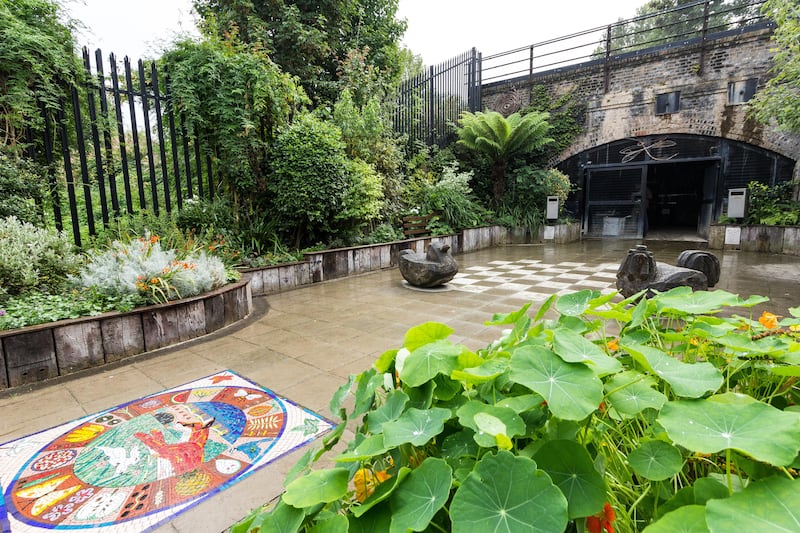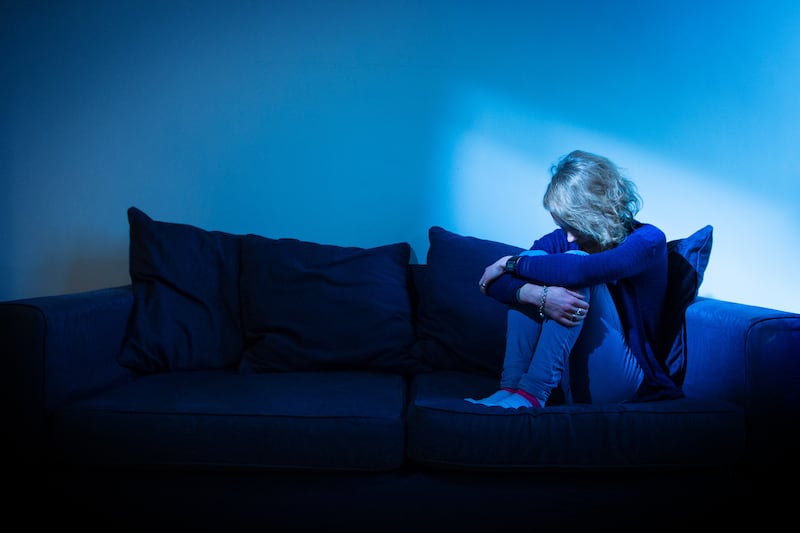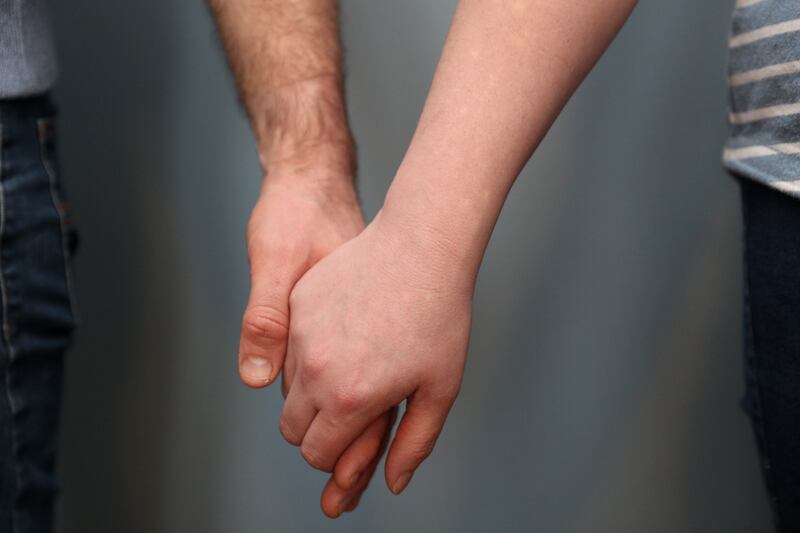CHILDREN can feel anxious about different things at different ages – the dark, insects, monsters. Many of these worries are a normal part of growing up and will gradually go away with age. There may also be other times in a child's life when they feel anxious, such as before exams.
Anxiety becomes a problem for children when it starts to affect their wellbeing and get in the way of their everyday life. Their anxiety may paralyse them so much that they can't go to school or make them refuse to eat. They may become withdrawn and go to great lengths to avoid things or situations that make them feel anxious.
Bronagh Starrs is founder and director of Blackfort Adolescent Gestalt Institute, based outside Omagh, and programme director for the MSc Adolescent Psychotherapy course in Dublin Counselling and Therapy Centre. She also maintains a private psychotherapy practice in Omagh and is the author of Adolescent Psychotherapy – A Radical Relational Approach.
Why do you think there appear to be increasing rates of anxiety and mental health issues with young people today?
Anxiety is probably the leading mental health issue among young people and it is rising. In my practice, I would say that there has been approximately a 60 per cent increase in children and teenagers presenting with anxiety over the past five years. Young people live in a more expressive world than previous generations; we are more aware of feelings now, so while anxiety was present in our childhood years, it was repressed and unacknowledged. Many people look back and realise that they were anxious children or teenagers, but it didn’t occur to them at the time as there was no internal or environmental frameworks for awareness. People ‘just got on with it’.
What role does social media and technology play in these increasing rates of anxiety?
Lives are also busier now and many young people live in a tightly scheduled manner. When they have some spare time, screens are often used – they watch TV, play a games console or use a smart phone. Two thirds of young people spend more than three hours in front of a screen during their free time each day. Neuroscience research has confirmed that this adversely impacts mental health. Whilst impulsive teenagers are often ‘addicted’ to screens, anxious teenagers are ‘dependent’ on screens – it’s like self-medication: they use their screen time to manage anxiety symptoms. It’s much easier to navigate an online world than a direct and complex interpersonal world.
Can you tell us about your forthcoming talks on Parenting Anxious Children?
I will be exploring the context of anxiety and supporting parents to understand what is happening with their child or teenager to create anxiety symptoms. I will then talk to them about what is helpful and what is not in terms of parenting strategies.
Are different strategies involved depending on the age of the child?
Yes, the experience of anxiety evolves as children develop. There are different strategies relevant to various ages. Strategies also differ depending on the specific symptoms of anxiety.
What is your biggest piece of advice to parents of anxious kids?
Give your anxious children a sense that you have faith in them. These young people lack faith in themselves and commonly, parents relate to them in ways that confirm this belief.
Parents often find themselves saying 'there's nothing to worry about' to their children. Is this wrong?
Yes. There’s nothing to worry about, is a rational statement. Anxiety is an irrational process, so these types of statements which are meant to be helpful usually alienate and frustrate the child further.
Is it wrong to avoid places/situation's which make your child anxious?
It’s important for parents to find a balance between what their child can manage and what is beyond their capacity. Many parents, understandably, support the child to avoid any possibility of anxiety, which creates comfort in the short-term but ultimately is disempowering for young people.
Many children, especially girls, are good at masking the signs of anxiety. What are the signs of anxiety that parents should look out for?
Withdrawal from school and regular activities, feeling pressured and over-thinking, being prone to frustration and tearful meltdowns. However, these symptoms may also point to other issues, not necessarily anxiety.
What is the best way to react is a child is using food avoidance as a way of coping with their anxiety?
Developing an obsessive relationship to body shape, food and exercise is a common experience for anxious young people. Having family mealtimes together around the dinner table without the interruption of screens (parents are often the worst offenders) is a helpful way of ensuring that your child is eating an adequate amount.
When should parents seek medical/professional help if worried about their child?
If parents feel that they are losing the capacity to influence their child, this is a good indicator for the need to seek professional support. However, there are many strategies parents can put in place to empower their anxious children and teenagers to help shift their child’s mindset to a more positive one.
Are parents guilty of causing anxiety by over-scheduling children and placing too many expectations upon them in terms of academic and sporting achievements?
This, in itself, does not cause anxiety. Many children have very busy lives and flourish. There is a personality type which is prone to anxiety and these are the young people who have a propensity to respond with anxiety, irrespective of the situation.
Can some anxiety be good for children?
It is impossible to live without anxiety. A little bit keeps us on our toes. For example, some anxiety about an important exam will support us to take study more seriously. It also keeps children safe, as anxiety supports us to proceed with caution in certain situations. Powering through anxious feelings generates feelings of personal satisfaction and confidence. The difficulty is that many young people experience levels of anxiety which impact their levels of functioning, so that school attendance, sleep routines, social interaction, self-worth and family life in general are significantly compromised.
Bronagh Starrs will be delivering the seminar Parenting Anxious Children and Teenagers in Cookstown's Glenavon Hotel on February 12, Derry's City Hotel on February 25 and Belfast's Clayton Hotel, Ormeau Avenue on March 10. All events from 7.30pm. No booking required, pay at the door. Fee: £10. For information on forthcoming events see Bronagh Starrs Psychotherapist on Facebook
